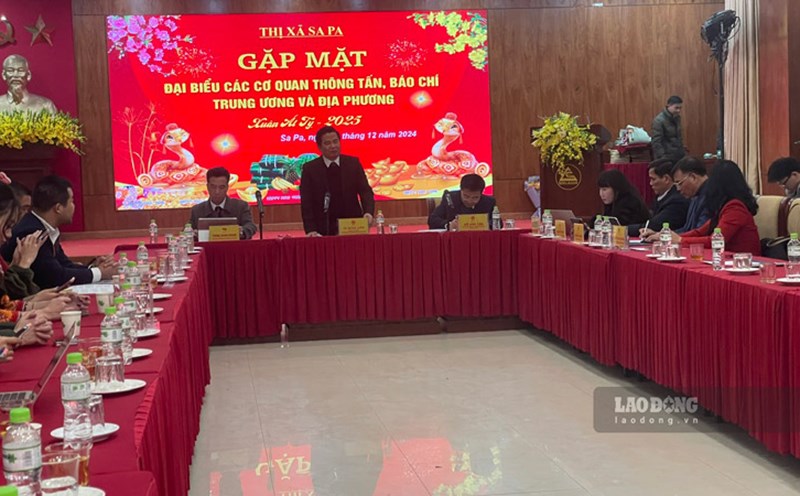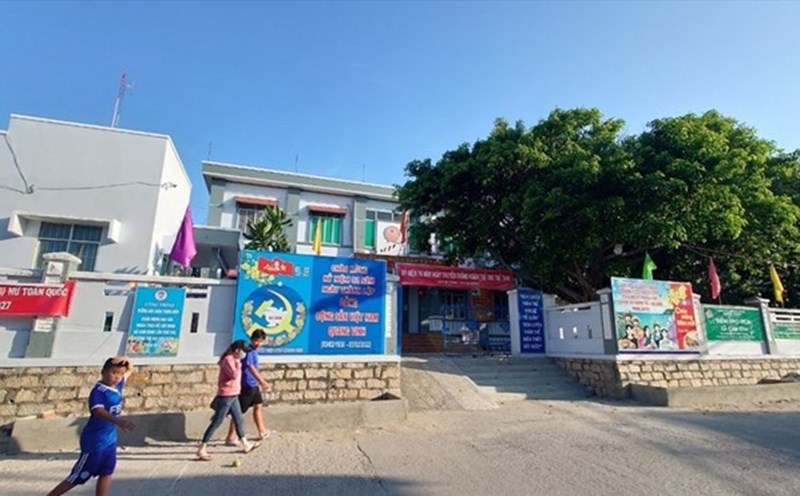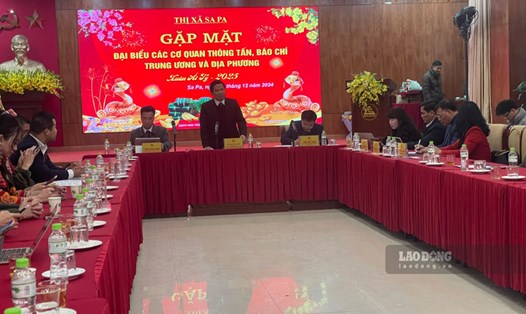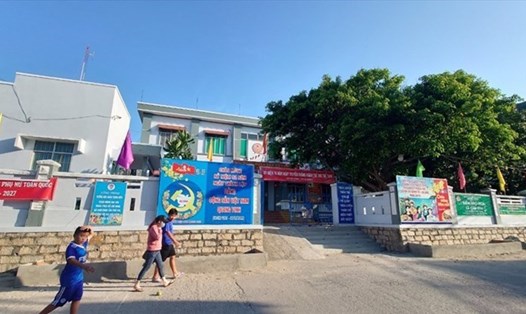When travel is the highlight
In 2024, Vietnam will welcome about 110 million domestic visitors and 17.5 million international visitors - an increase of 38.9%. Total revenue from tourists is estimated at VND840,000 billion, an increase of 23.8%.
Deputy Director of the National Tourism Administration Pham Van Thuy assessed that Vietnam's tourism industry contributes greatly to GDP growth, creates many jobs, and improves people's quality of life.
In 2025, Vietnam's tourism industry aims to welcome 22-23 million international visitors and directly contribute 6-8% to GDP, with VND980 - 1,050 billion in revenue.
By 2030, tourism will become a key economic sector, increasing its contribution to GDP and developing towards green growth. Vietnam will welcome 35 million international visitors and 160 million domestic visitors; directly contributing 10-13% to GDP.
However, Deputy Director Pham Van Thuy frankly pointed out that the awareness of all levels, sectors and localities about the task of developing tourism into a spearhead economic sector is still uneven. Inter-sectoral and inter-regional coordination is not synchronous, irregular and lacks closeness in both awareness and action, failing to meet development requirements.
Many localities with potential and room for tourism development still lack a clear direction for development.
State management has not kept up with reality, especially for new types of tourism, some new tourism products such as adventure sports tourism related to the life and safety of tourists; agricultural and rural tourism... "To solve the problem, there needs to be a breakthrough in the process and procedures for building, amending, supplementing and promulgating legal documents" - Mr. Pham Van Thuy said.
Removing bottlenecks to speed up tourism
Since the 2017 Tourism Law took effect, the Government, the Prime Minister, ministries and branches have issued legal documents to implement the Tourism Law. At the same time, localities have proactively guided the implementation of the Tourism Law in their localities.
According to a report by the Vietnam National Administration of Tourism, law enforcement practices have revealed a number of difficulties and problems.
Mr. Nguyen Hong Minh - Deputy Director of Hanoi Department of Tourism - said that the regulations in the 2017 Tourism Law related to "Tourism Development Policy" have not been implemented in practice. This leads to the inability to fully mobilize all resources for tourism development, to ensure that this industry becomes a spearhead economic sector.
The conditions for recognition of city-level tourist attractions and city-level tourist areas, stipulated in Articles 23 and 25 of the Law on Tourism, are still framework-like and lack specific criteria and scoring scales for each group. Therefore, the assessment and recognition of city-level tourist areas and spots face many difficulties.
From the business side, Mr. Nguyen Quoc Ky - Chairman of Vietravel Board of Directors - said that in order for tourism to become a spearhead economy, accounting for 12-15% of GDP or higher, stronger solutions, targets and criteria are needed.
Mr. Ky analyzed that in the current context, countries are competing in four aspects: Policy, promotion, advertising - communication and soft power of the country. "It is time for us to review policy competition to promptly change policies, thereby removing difficulties and creating motivation for businesses and the economy to help tourism develop" - Mr. Ky proposed.
The Ministry of Culture, Sports and Tourism has just issued a consolidated Circular detailing a number of articles of the Law on Tourism. The Circular consists of 5 chapters and 21 articles, regulating issues such as persons in charge of travel services, training, granting certificates of domestic and international tourism, revoking business licenses, granting signs to tourism establishments, foreign language standards, testing tour guide skills, and application forms, licenses, cards, and certificates in the tourism sector.












